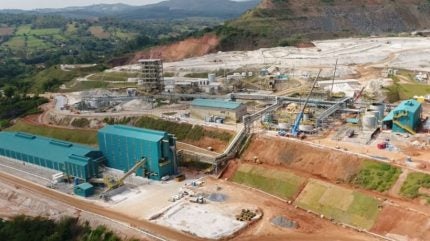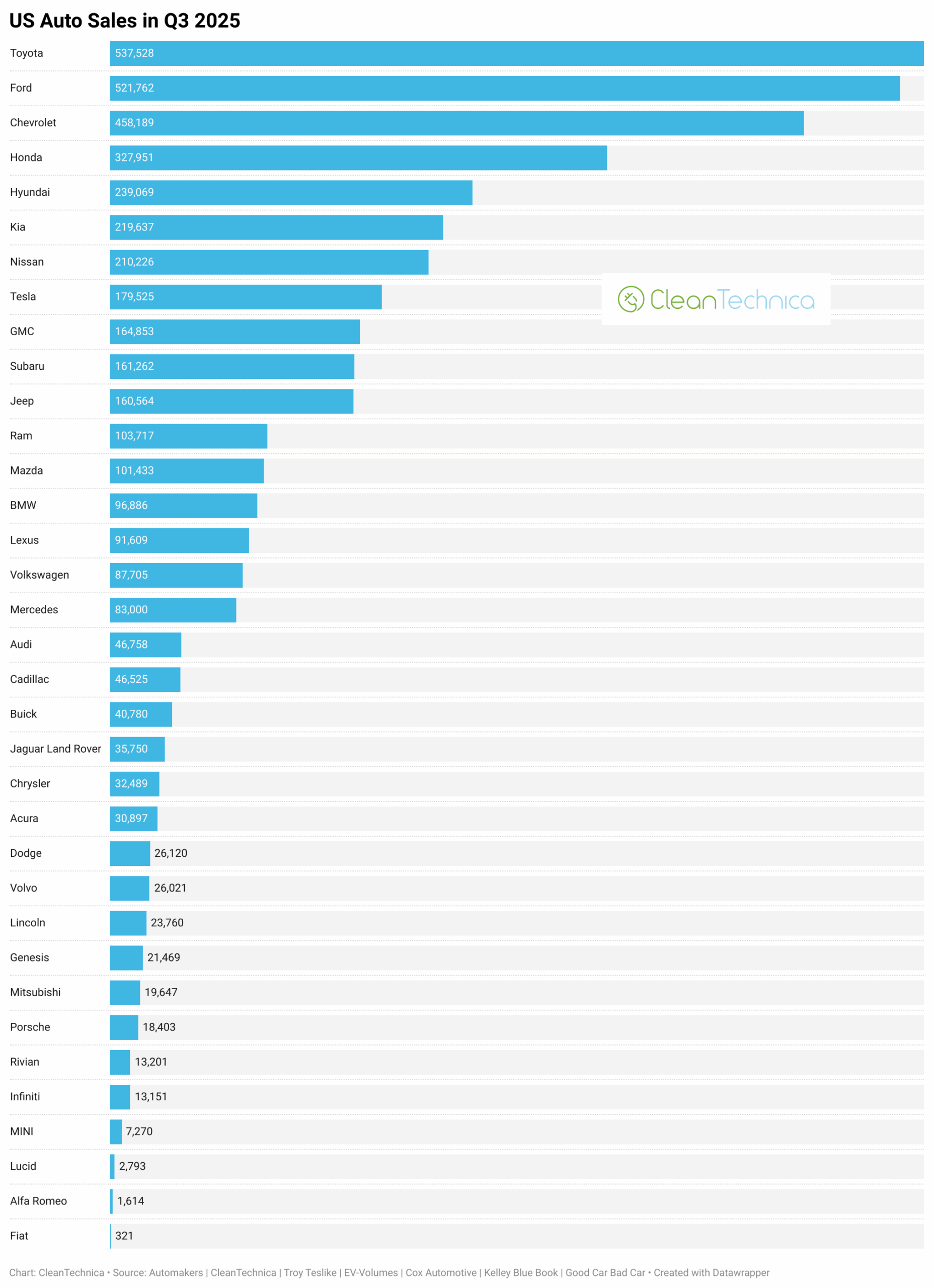
AMG Critical Materials has successfully opened Europe’s first lithium hydroxide refinery in Bitterfeld-Wolfen, Germany.
AMG Lithium BV, which oversees all of AMG’s lithium operations, started producing battery-grade lithium hydroxide at the first of its five planned modules at the site on Wednesday (18 September).
One module’s annual capacity is 20,000 tonnes (t), enough for around 500,000 electric vehicle (EV) batteries. AMG’s first module is sold out, and it plans to expand production to 100,000 tonnes per annum (tpa) of battery-grade lithium hydroxide by 2030.
Recent forecasts by Benchmark project 700,000t of lithium will be needed for European batteries in 2030.
Heinz Schimmelbusch, chairman of the management board and CEO of AMG NV, said: “With the refinery, we are the first mover, making a decisive contribution to securing the supply of the critical raw material lithium for the industry in Germany and Europe.
“The establishment of our own complete lithium value chain also contributes to the European Critical Raw Materials Act and offers greater independence for raw materials and critical materials.”
Access the most comprehensive Company Profiles on the market, powered by GlobalData. Save hours of research. Gain competitive edge.

Your download email will arrive shortly
We are confident about the unique quality of our Company Profiles. However, we want you to make the most beneficial decision for your business, so we offer a free sample that you can download by submitting the below form
By GlobalData
Lithium hydroxide is a key ingredient in manufacturing cathode materials for EV batteries, contributing to the transition towards carbon-neutral transportation.
Several European lithium mining and refining projects are expected to start commercial operations next year, supported by OEMs seeking to regionalise battery supply chains and reduce reliance on imports.
Nonetheless, several European companies are experiencing significant setbacks.
According to Galp, a partner in the 50-50 joint venture Aurora with Swedish battery maker Northvolt, construction of its battery-grade lithium refinery in Portugal will be delayed until 2026 due to project complexity and grant funding uncertainty.
The refinery, which is costing more than €1bn ($1.10bn), aims for an initial production capacity of up to 35,000tpa of lithium hydroxide
Tees Valley Lithium revealed last month that it had made significant progress in securing funding amounting to £19.5m ($25.89m) for its Wilton refinery project. The funding aims to support the surge in EV adoption in the UK.
The lithium refinery in Teesside aims to produce 96,000tpa of lithium hydroxide. It will meet 100% of the UK’s predicted automotive demand for lithium by 2030 and will export 35% of its production to other European countries and beyond.




